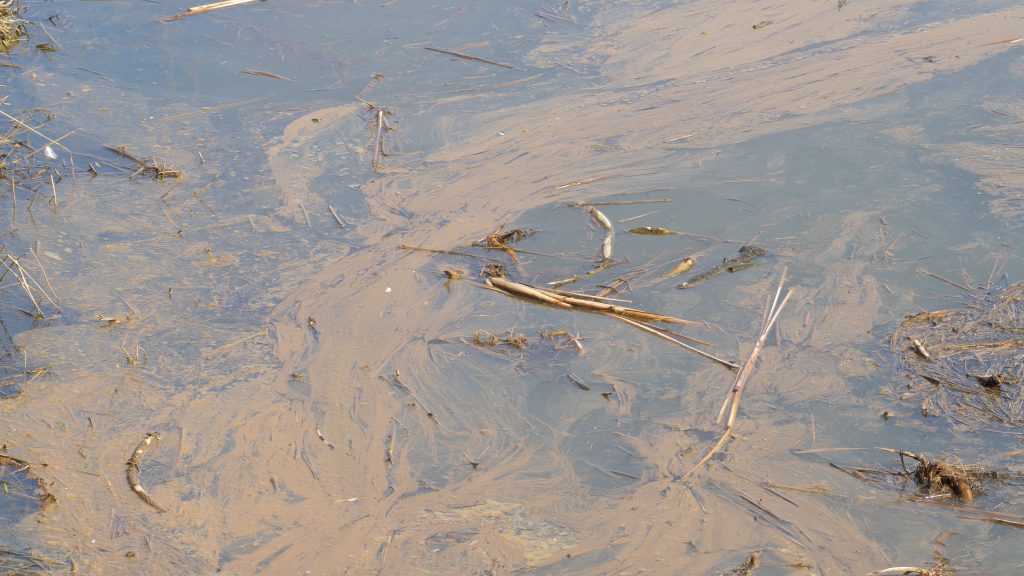This week, Clean Wisconsin and the Wisconsin Farmers Union filed a motion to intervene in a lawsuit that threatens a critical state water protection program.
Wisconsin Manufacturers and Commerce originally filed suit against the Department of Natural Resources (DNR) in May on behalf of the Wisconsin Dairy Alliance and Venture Dairy Cooperative, lobbying groups representing a number of large concentrated animal feeding operations (CAFOs). The lawsuit seeks to undermine Wisconsin’s water pollution permitting program, which allows the DNR to oversee the way CAFOs manage animal waste and discharge it into the environment. Manure can contaminate waterways and drinking water with pathogens, including parasites and viruses, nitrates and phosphorus.
The CAFO groups claim the DNR lacks authority to require very large livestock operations to apply for permits. Clean Wisconsin and Wisconsin Farmers Union have petitioned to intervene in the lawsuit to protect the state’s water resources and the health and wellbeing of rural communities.
“It’s no secret that animal waste is one of the biggest sources of water pollution in Wisconsin. Our state’s longstanding permitting program for very large animal operations helps limit the amount of manure contaminating our rivers, lakes, streams and drinking water. The idea that the DNR can’t require Wisconsin’s largest livestock facilities to meet permitting standards at all, or that somehow CAFOs don’t cause water pollution, has no legal or factual basis,” said Clean Wisconsin Attorney Evan Feinauer.
“Due to their size, these operations generate a substantial amount of manure and other pollutants. Permit requirements ensure that CAFOs adhere to standards that minimize manure runoff and water contamination. They also create transparency and ensure that CAFOs are accountable, not only to regulators, but also to their neighbors, who have a right to know that CAFOs are operating responsibly,” said Wisconsin Farmers Union President Darin Von Ruden.
Nonprofit law firm Midwest Environmental Advocates (MEA), which represents Wisconsin Farmers Union in the matter, warns that a victory for the CAFO groups could lead to increased contamination of drinking water and surface water.
“A single dairy CAFO can house thousands of cows and generate more waste than a small city. As CAFOs continue to proliferate and expand, the amount of manure they produce and discharge will only increase,” said MEA Staff Attorney Adam Voskuil.
In the past two decades, CAFOs have come to represent an increasing percentage of Wisconsin’s livestock industry. In 2005, there were 135 permitted CAFOs operating in the state. Today, there are more than 330.
Find out more about the lawsuit and what’s at risk in State of Change Podcast: Episode 28 – Tainted Water.

